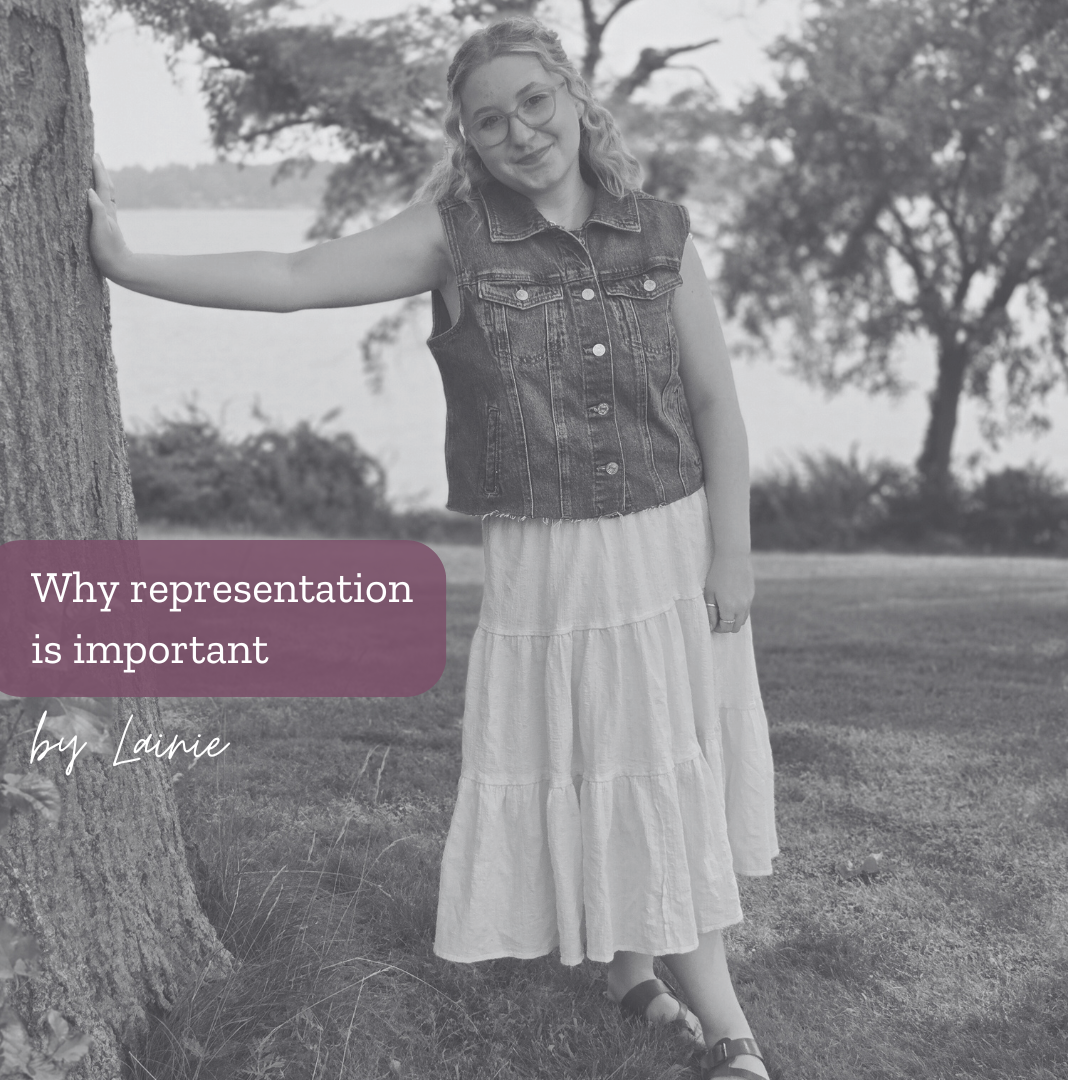 Have you ever been able to relate to a character in your favorite movie or TV show? If so, you are one of the lucky few who feel seen in the television industry. Most people don’t get that privilege, especially women who are not able to give birth to children. There can be many negative impacts when those who cannot have children do not feel seen in television.
Have you ever been able to relate to a character in your favorite movie or TV show? If so, you are one of the lucky few who feel seen in the television industry. Most people don’t get that privilege, especially women who are not able to give birth to children. There can be many negative impacts when those who cannot have children do not feel seen in television.
Oftentimes, women are given the ability to have as many kids as they want on TV shows or in movies when in actuality, for some women, this cannot happen. For countless, various reasons, there are numerous women who cannot have children. The whole world is aware of this and yet the television industry acts as if it does not exist. Except when they give women like me a smidge of hope.
On rare occasions, a movie or TV show presents a woman who was born without the ability to carry a child. When this happens, we feel seen and think to ourselves, “Finally… finally there is a woman like me to spread awareness for this neverending struggle.” We believe that only to then be fooled by the producers. Then for some reason that no one has yet to explain, the woman is always magically given the ability to have a child of her own. Women like me are hurting because they are not heard. When will we finally be able to have a character to relate to? I, personally, feel sick and tired of the television industry using the “I can’t have kids” storyline only for them to magically give that woman a child of her own. Infertility is a real struggle that countless women go through.
Very rarely does this ever happen in real life. When the woman is suddenly able to have children, women who cannot feel hurt and betrayed. Why can’t we have more women who are not able to have children on television? Why do they always get the impossible— for some— fairytale ending? I have only seen one show— How I Met Your Mother— where they give women who can’t have kids representation. It has stuck out to me ever since because of how they handled Robin Scherbatsky’s inability to have children. It was so beautifully done. It remains the one show that I have watched where I feel seen.
One of the worst TV shows to do this was Fuller House. From the very beginning, they presented Stephanie Tanner as unable to reproduce. She falls in love and is scared to tell the man that she can’t have kids. When she does, he doesn’t think twice about it and is still madly in love with her. They look into other options of having kids and decide to have Stephanie’s sister-in-law be a surrogate. Then suddenly in the last episode, Stephanie was pregnant. When I was first watching that show, I was eleven and had just been diagnosed with MRKH. I loved having Stephaine as a role model, I felt seen through her. Only to be torn apart so that Stephanie and her husband could get their “happily ever after”.
Another horrible example of using the “I can’t have kids” storyline was the kids show Bluey. The producers had the perfect opportunity to normalize infertility to children when they introduced Bluey’s aunt, Trixie. Bluey’s mom, Chilli, explained infertility to her children without coming out and saying what it was. She described Trixie’s longing for something that she just couldn’t have. So many moms who struggled with infertility watching the show with their children felt so seen and heard by the Bluey producers. Only in the last episode, Trixie is pregnant. I understand that this does happen for some women but for others, they don’t get their “happily ever after”. They are not able to have kids of their own. Can we not normalize that?
This has to change. Something has to be done because there are serious and detrimental effects on women like me who yearn for someone to relate to in a TV show or a movie. We cannot spend the rest of our lives getting our hopes up only to be crushed by the television industry. Make the change, producers and directors. Stand up for your fellow women, actresses and actors. Start normalizing infertility so that one day if your daughter comes to you and says she can’t have children, she feels seen and heard in the television industry. Be the start of the change.
— Lainie
A great read! A perspective we all need!
You are no less woman for that. My mother could never have children. She adopted too, and she’s no less my mom. I love her fiercely. She’s a wonderful Christian woman.